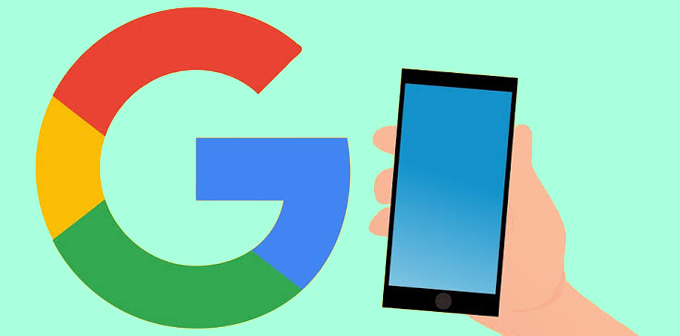In a welcome move, Google has banned the advertising of experimental medical procedures, including unproven stem cell therapies
Google has banned the advertising of experimental medical procedures, including unproven stem cell therapies, in a move welcomed by the International Society for Stem Cell Research and Stem Cells Australia (ISSCR).
Policy adviser Adrienne Biddings wrote in a blog post that the new policy would “prohibit ads selling treatments that have no established biomedical or scientific basis. The new policy also includes treatments that are rooted in basic scientific findings and preliminary clinical experience, but currently have insufficient formal clinical testing to justify widespread clinical use”.
Google had seen “a rise in bad actors attempting to take advantage of individuals by offering untested, deceptive treatments. Often times, these treatments can lead to dangerous health outcomes and we feel they have no place on our platforms”.
The types of procedures that Google will no longer run ads for include“stem cell therapy, cellular (non-stem) therapy, gene therapy, and similar forms of regenerative medicine, platelet-rich plasma, biohacking, do-it-yourself (DIY) genetic engineering products, and gene therapy kits”.
Advertising to recruit for clinical trials will still be permitted in some countries, however, including Australia.
ISSCR president Deepak Srivastava said the ban was a much-needed curb to the unscrupulous marketing of untested procedures.
“While stem cells have great potential to help us understand and treat a wide range of diseases, most stem cell interventions remain experimental and should only be offered to patients through well-regulated clinical trials,” he said in a statement.
“The premature marketing and commercialisation of unproven stem cell products threatens public health, their confidence in biomedical research, and undermines the development of legitimate new therapies.”
Stem Cells Australia’s head of engagement, ethics and policy, Megan Munsie, an associate professor at Melbourne University, also welcomed Google’s move, which will come into effect in October.
Last year the Therapeutic Goods Administration banned the direct-to-consumer advertising of autologous human cell and tissue products, including stem cells, and ads for local private clinics have gradually disappeared. The TGA regulations tightened again in June, and stem cell businesses have responded in various ways, as reported by The Medical Republic last month.
Google applies different advertising rules in different countries. Prescription drug ads, for example, can only be shown in the US, Canada and New Zealand.
The internet giant also won’t allow birth control ads in a list of Middle Eastern and North African countries nor in China, Hong Kong or Malaysia, while abortion ads are banned in 74 countries.


